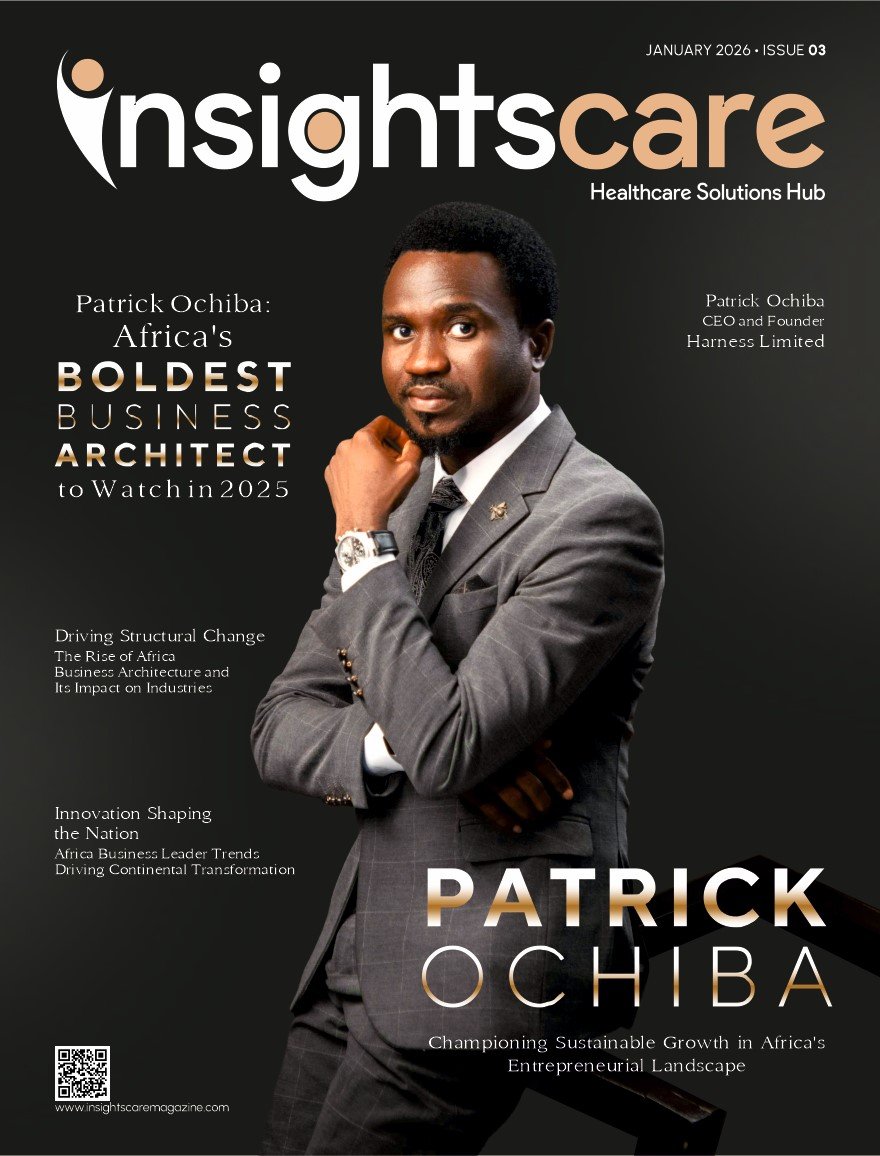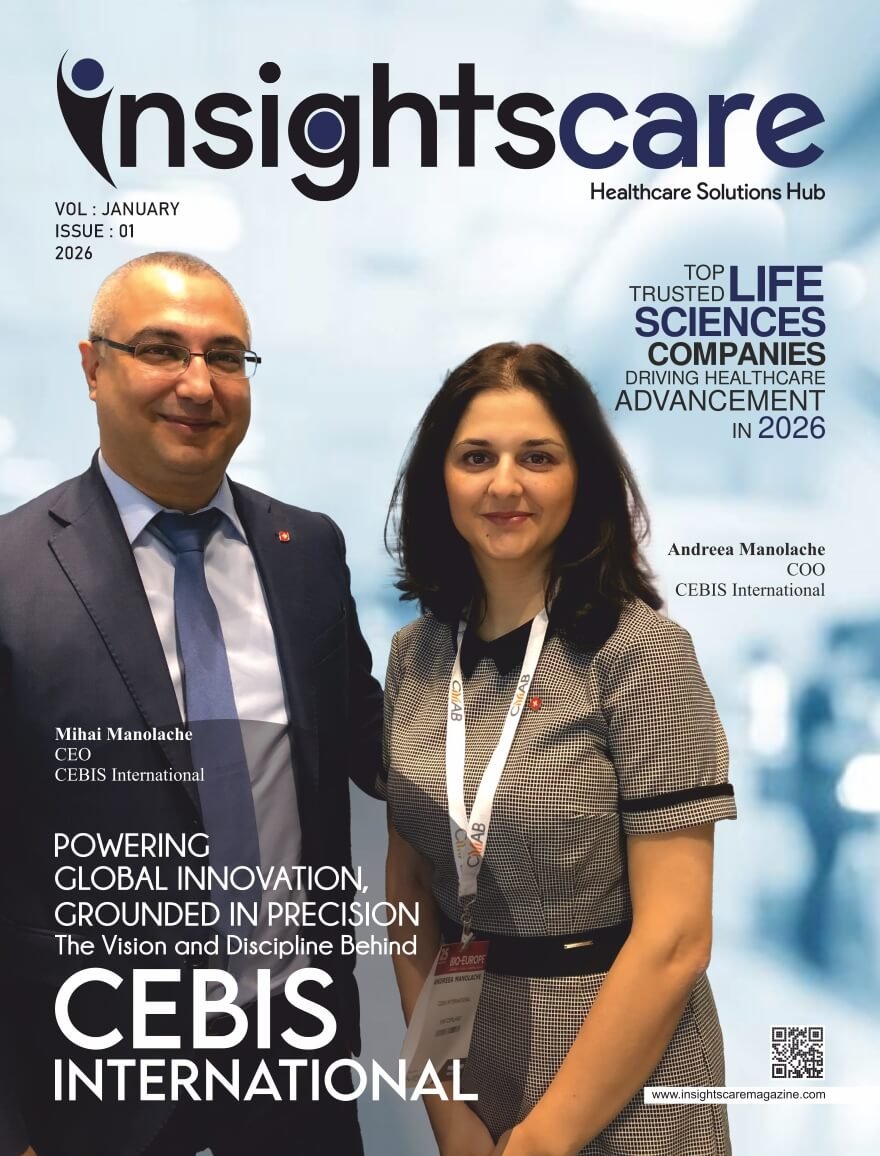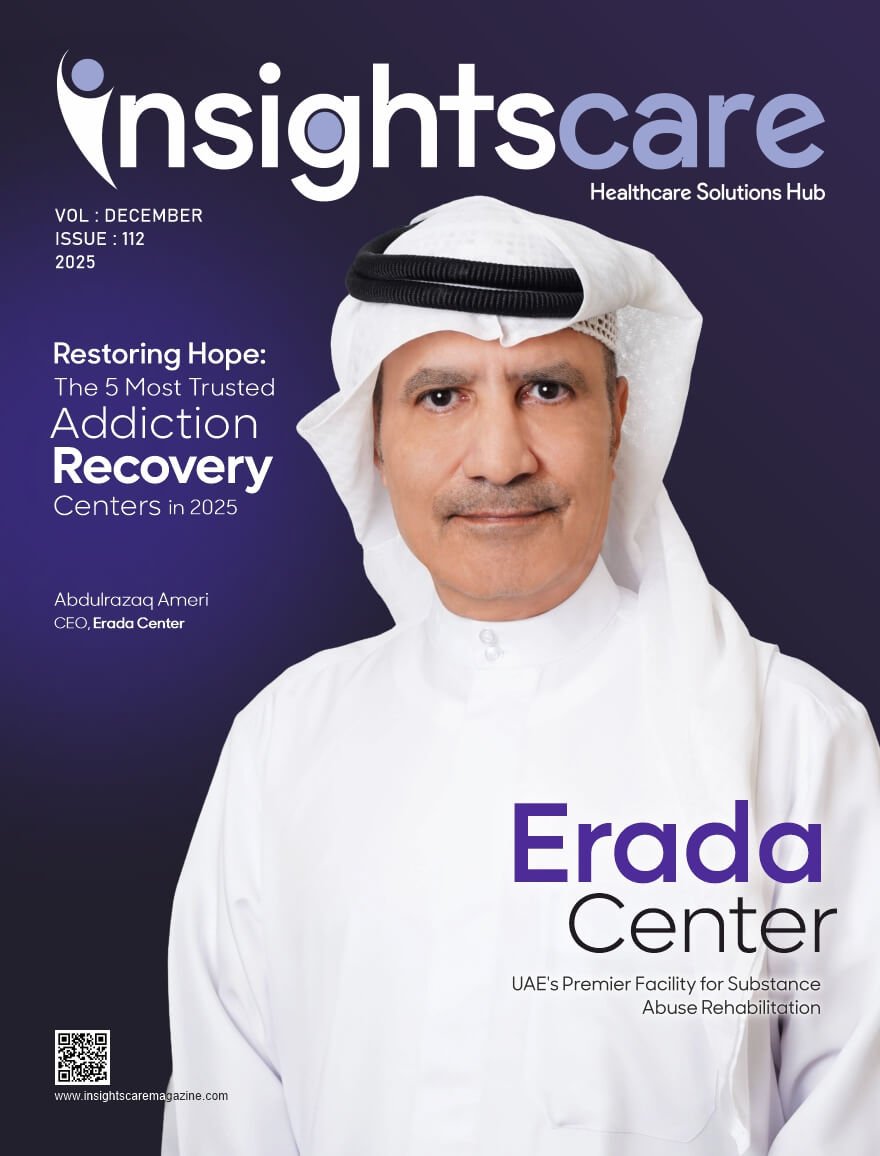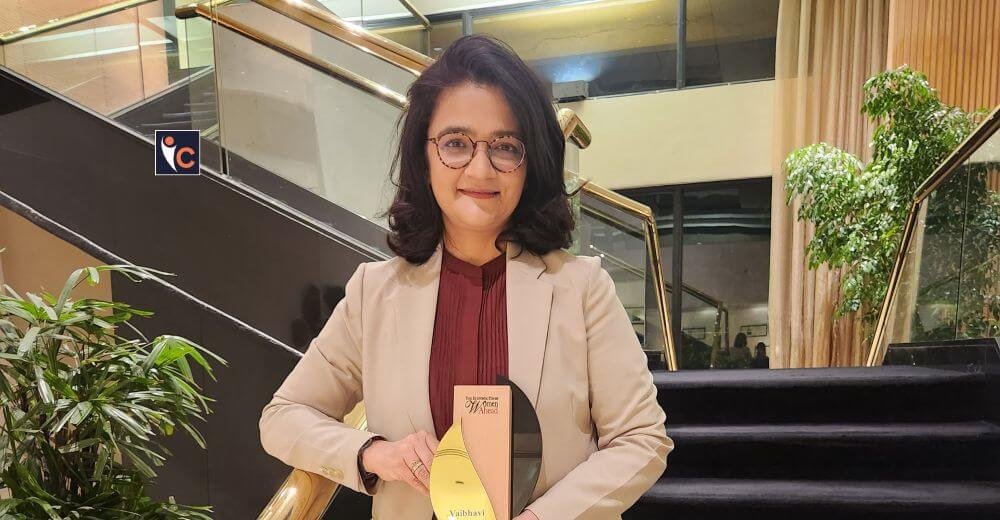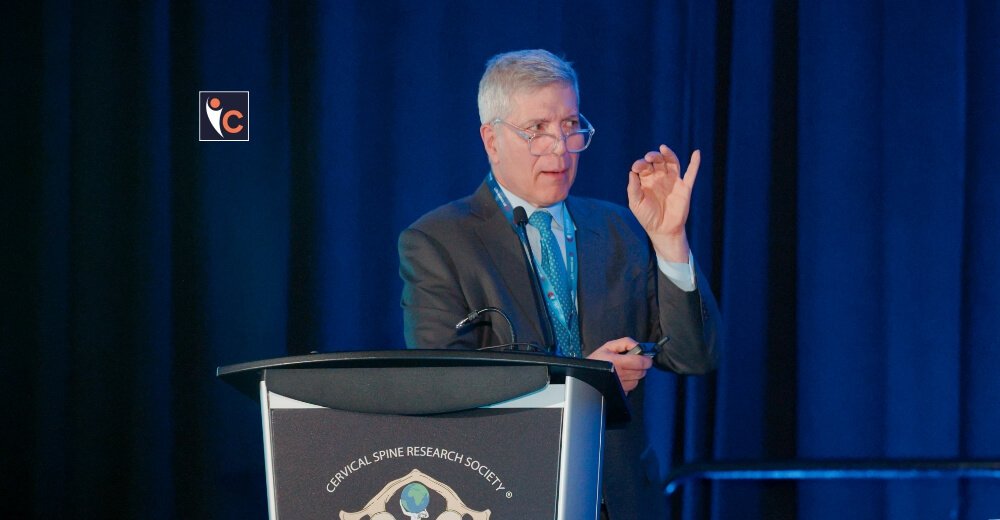Remaining true to principles, fostering the development of people, and making choices that have an impact for a long time are the hallmarks of effective leadership rather than striving for recognition or staying on top of trends. Leaders who put long-term results first are the ones who actually make an impact in a world where everyone is focused on the next great thing.
It’s simple to lose sight of what true leadership is in the midst of the relentless pursuit of new technologies, audacious decisions, and well-publicized successes. Even if these successes are important, regular, significant actions—many of which are silent but effective—are the foundation of long-lasting leadership.
Seeking the next big thing is not what true leadership is all about. It all comes down to supporting your team, being meticulous, and fostering an environment where everyone can develop and thrive. It’s the small, thoughtful decisions that ultimately shape strong, resilient teams.
This approach is still very much alive today. Leaders like Vaibhavi Choksi show us that success doesn’t just come from innovation but from staying grounded in core values that foster growth. Her leadership is a reminder that real progress begins with people and principles.
Let’s delve into the inspiring leadership journey of Vaibhavi and explore how her thoughtful approach shapes the future of pharma!
The Start of an Unlikely Journey
Vaibhavi Choksi’s foray into the pharmaceutical industry did not stem from a longstanding passion for the field. “To be very frank, there was nothing that specifically inspired me to enter the pharmaceutical industry,” she shares. Although both of her parents were physicians, she knew early on that she would not follow the same path. Her interests lay elsewhere—in business. “You know, Gujarati blood—business is in our genes,” she remarks, reflecting on her early aspiration to pursue an MBA. Raised in Ahmedabad, she set her sights on the esteemed Indian Institute of Management Ahmedabad, and began preparing for the entrance exam in the late 1990s.
However, an unexpected turn of events altered the trajectory of her career. Mere days before the CAT exam, she suffered a serious accident. “I cracked my skull, had eight stitches, and broke my collarbone. The CAT used to be on the first Sunday of December, and unfortunately, all my preparation went down the drain.” This incident left her disheartened about continuing her pursuit of an MBA.
It was during this period of uncertainty that a new opportunity emerged. When some of her friends applied for roles at Glaxo (now GSK), she chose to attend the interview, even without the academic credentials she had originally aimed for.
“Thanks to my CAT prep, I had strong general knowledge and awareness of global issues, which helped me stand out,” she recalls. She joined GSK as a medical representative, despite the doubts of her parents, who initially thought she wouldn’t last long in such a demanding role. “But somehow, destiny had different plans,” she laughs. “I did well, and here I am today. Honestly, nothing was planned—it just happened.”
Embracing Education and Leadership at MIT Sloan
Vaibhavi Choksi’s leadership journey was profoundly influenced by her time at the esteemed MIT Sloan School of Management. The experience offered her a transformative perspective on leadership and education. “The way we’re taught in India is very different from how the Western world approaches education,” she observes, reflecting on the fundamental differences she encountered. At MIT Sloan, the curriculum emphasized case-based learning, collaboration, and practical problem-solving over traditional theoretical instruction. “You couldn’t do anything alone—you had to work with your team,” she adds, noting how this method reshaped her understanding of effective leadership.
One of the most impactful aspects of her education at MIT was the opportunity to hear from leaders around the world. “What really stood out was how openly those leaders spoke about their failures,” she shares. She found it particularly inspiring that successful leaders openly discussed their setbacks and how they navigated tough decisions and failures. This level of honesty, she believes, is crucial in today’s dynamic world, where leadership is tested by constant shifts in the external and internal business environment. The conversations she had with peers from around the world further deepened her understanding of leadership and made her realize the importance of promoting open dialogue, debate, and inclusive decision-making in her own teams.
A Personal Journey
Her leadership style has been shaped less by conventional academic paths and more by direct, hands-on experience. She describes her development as “quite organic,” having advanced through the ranks based on merit and continuous learning rather than following the traditional MBA-to-leadership route. Beginning her career as a sales representative, she steadily progressed to a position of full P&L responsibility by 2012. “Most of my learning has been on the job,” she reflects. “I’ve learned how to lead by doing, by making mistakes, and by constantly evolving.”
Her leadership philosophy centers on inspiration, execution, and accountability. “For me, leadership isn’t just about execution—it’s about encouraging teams to think beyond the obvious,” she explains. She cites her tenure at AstraZeneca as a defining chapter in her leadership journey. Tasked with relaunching a long-dormant oncology division, she inherited a business unit ranked 17th in the industry. Rather than settling for incremental progress, she set an ambitious goal: to elevate the unit into the top three. Through strategic planning and disciplined execution, the division rose to 5th by the time of her departure in 2020, eventually achieving 3rd position the following year.
As she reflects on her approach, Vaibhavi Choksi underscores the importance of fostering autonomy within teams while maintaining clear expectations for performance. “I take tough decisions when performance is lacking—because I believe there are no free meals. Everyone must deliver,” she states firmly. At the same time, she stresses the importance of being a supportive leader. “If someone needs help, I’m always there to support.”
Navigating Changes in the Pharmaceutical Industry
Since the start of her career in 1999, Vaibhavi Choksi has witnessed and adapted to profound shifts within the pharmaceutical sector. “The biggest change is in the accessibility of healthcare,” she observes. Over the years, the reach of healthcare services has steadily extended beyond major metropolitan areas, a trend that gained significant momentum following the COVID-19 pandemic. “Today, patients no longer need to travel to metro cities for advanced treatments. Both private and government healthcare providers are aggressively expanding into Tier 2 and Tier 3 cities.”
This expansion has prompted pharmaceutical companies, particularly those in super-specialty segments, to recalibrate their commercial strategies. From field force deployment to marketing initiatives and product distribution, there is now an imperative to align operations with the specific demands of non-metro regions.
She also highlights the evolving profile of physicians practicing in these geographies. “Physicians in Tier 2 and Tier 3 towns are often more receptive to learning,” she explains. In response, the industry has adapted its engagement models to focus more heavily on tailored educational initiatives—creating platforms that connect practitioners in smaller towns with expertise based in urban centers.
Another notable development is the growing influence of Indian pharmaceutical companies, particularly in improving the affordability of critical treatments. “Indian pharma companies have made remarkable strides in launching biosimilars and chemotherapies at much more accessible price points,” she notes. This trend has intensified competition across the sector, compelling multinational firms to balance innovation with tangible value delivery in increasingly price-sensitive markets.
Fostering Innovation in the Pharmaceutical Industry
For Vaibhavi Choksi, driving innovation extends beyond scientific breakthroughs; it involves cultivating a mindset of adaptability and continuous improvement within her teams. “Innovation doesn’t always have to be at a grand, scientific level—it can be in small, practical ways too,” she explains.
A notable example of this philosophy was her strategic focus on the government sector, an area traditionally seen as difficult to navigate. By creating a dedicated team to handle government accounts, she enabled her organization to derive approximately 40–42% of its revenue from this segment—an exceptional result in a complex and competitive landscape.
Her commitment to innovation is also evident in the way she scaled diagnostic infrastructure for lung cancer patients during the pre-launch of a targeted therapy. India lacked the ecosystem to identify eligible patients, so Vaibhavi Choksi led the creation of a diagnostics network from the ground up—partnering with labs, aligning standards with global benchmarks from Singapore, and training the medical community. This early detection model became a critical enabler of access, particularly in the super-specialty segment.
Equally impactful was her role in using business intelligence for strategic transformation. During her tenure in Germany as a Strategy Manager, Vaibhavi Choksi was tasked with making a case for transitioning India from a distributor-led model to a full affiliate. Using market data, forecasting, and patient access analytics, she developed a robust growth strategy that earned the trust and investment of global leadership, turning India into a key focus market.
Vaibhavi Choksi also emphasizes the link between personal development and innovation. “I brought in a life coach for six months, focusing not just on professional growth but personal development as well,” she shares. This forward-thinking initiative led to significant improvements in team performance, as individuals felt more empowered, aligned, and motivated in their roles.
Her efforts reflect a leadership philosophy that treats innovation not as a one-time achievement, but as a culture—one that blends insight, empathy, and long-term thinking to drive meaningful outcomes.
The Gender Barrier in Pharmaceutical Sales
Vaibhavi Choksi’s career has not been without its challenges. One of the most significant hurdles she faced was the perception that women were not suited for sales, particularly in a male-dominated industry like pharmaceuticals. “The job requires extensive travel, meeting all kinds of people, and navigating tough situations,” she notes. “Many families were hesitant about sending women into this field.”
Undeterred, Vaibhavi Choksi committed several years to field sales, determined to build a solid foundation of industry knowledge. “The knowledge I gained during those early years has been crucial,” she affirms. This hands-on experience not only deepened her understanding of market dynamics but also reinforced her belief in the value of field exposure for aspiring professionals.
To women considering a career in the pharmaceutical industry, her advice is both clear and empowering: “Don’t shy away from the sales side of the pharmaceutical industry. It’s a great learning experience that lays the foundation for understanding the real dynamics of the market.”
Reflecting on a Career Built on Mentorship
As Vaibhavi Choksi looks back on her professional journey, it is not personal accolades or titles that she values most, but the opportunity to contribute to the growth and success of others. “While building my own career was essential, it’s the opportunity to help others grow that has become the most meaningful accomplishment for me,” she shares, speaking with evident conviction.
Over the course of her career, Vaibhavi Choksi has mentored numerous individuals, guiding them as they advanced within the industry. “One started as a medical representative and is now a franchise head. Another began as a training manager and is now a regional manager. There’s also someone who started as a sales coordinator and is now a marketing manager,” she recalls, highlighting just a few of the many professional journeys she has helped shape.
Her dedication to talent development is anchored in a keen ability to identify potential. “I have a natural instinct for spotting talent, and when I see that spark in someone, I do everything I can to nurture it,” she explains. At the same time, she emphasizes the importance of individual accountability in professional growth. “I believe in giving people enough headroom to grow, but the responsibility ultimately lies with them.” Whether through structured mentorship or informal guidance, she is committed to empowering others to achieve their full potential.
The Lasting Impact of Mentorship
As she continues to guide and mentor members of her team, she remains deeply committed to the enduring influence of this work. “I take pride in knowing that my efforts to provide guidance and opportunities have had a lasting effect on many people’s careers,” she explains. For her, the true measure of mentorship lies not in immediate recognition but in the long-term growth and success of those she has supported. “I’m confident that at some point, these individuals will look back and think about how I contributed to their growth, even if just in a small way,” she adds.
The legacy of mentorship is something Vaibhavi Choksi holds dear, and she recognizes that it’s a powerful tool in creating not just successful careers, but thriving industries. It’s no surprise that she places a significant emphasis on helping others grow, knowing that the impact of mentorship extends beyond the individual to the larger healthcare community.
Bridging Innovation and Patient Access
A defining aspect of Vaibhavi Choksi’s professional journey has been her commitment to ensuring that healthcare innovation translates into tangible, real-world benefits for patients. “One of my proudest accomplishments is my work around bringing new products into India and ensuring they are accessible to patients at the right price,” she reflects.
She is acutely aware of the inherent complexities in balancing commercial objectives with patient-centric outcomes. “There’s often a lot of tension around pricing—companies want to maximize profits, but I believe in the importance of finding a balance that allows for more patients to access the treatment,” she explains. For Vaibhavi Choksi, pricing decisions go beyond financial strategy—they are fundamentally linked to patient well-being. “I’ve fought for price points that ensure affordability without compromising on the company’s ability to earn. This is a principle I carry with me in every company I’ve worked for,” she states.
Her vision of access extends beyond pricing alone. In an effort to address the financial barriers that often prevent cancer patients from beginning or continuing treatment, Vaibhavi explored innovative financing models, including partnerships with microfinance institutions. Although high interest rates posed a challenge to scaling the model, her proactive approach reflects a deep commitment to expanding access through unconventional means.
This multi-layered approach to innovation—balancing affordability, market sustainability, and structural barriers—demonstrates Vaibhavi Choksi’s broader philosophy: the true value of healthcare innovation lies not only in scientific advancement, but in its ability to reach and serve those who need it most. By prioritizing both access and long-term impact, she continues to shape a more inclusive and equitable healthcare ecosystem.
Prioritizing Patient Well-being and Nutrition
Vaibhavi Choksi’s contributions extend beyond the clinical and scientific aspects of healthcare; she is equally committed to addressing the often-overlooked elements that impact a patient’s overall well-being. In India, where cancer treatment continues to be a growing area of concern, she identified a critical gap in the support ecosystem: patient nutrition. “While there is a lot of focus on cancer treatment, there is a significant gap when it comes to patient nutrition,” she notes.
While most attention remains on chemotherapy and medication regimens, Vaibhavi Choksi saw an opportunity to bring meaningful change. In response, she launched a recipe book tailored specifically for cancer patients, offering nutritional guidance with everyday ingredients known to support recovery—such as beetroot to improve hemoglobin levels. “This recipe book was distributed to physicians and patients for free,” she recalls. The initiative was implemented in collaboration with The Economic Times, ensuring wide visibility and credibility.
Recognizing the importance of accessibility, she later expanded the initiative by translating the book into multiple regional languages, significantly broadening its reach. Beyond print, the initiative evolved into a digital nutrition module designed for doctors and medical representatives. This tool enabled healthcare providers to align nutrition advice with individual patient treatment plans, reinforcing the connection between diet and recovery in a clinically relevant way.
Mentorship and its Role in Leadership
Mentorship has been a cornerstone in shaping Vaibhavi Choksi’s career and leadership style. “Mentorship has played a pivotal role in my professional growth,” she states, underscoring the significance of guidance from experienced individuals. One of her earliest mentors, a Regional Sales Manager at GSK, provided valuable insights that continue to influence her leadership approach. “He emphasized the importance of understanding the fundamentals of the business and always being supportive of your team, which has shaped my own approach to leadership,” she reflects.
For Vaibhavi, mentorship is not merely about offering advice; it is about providing support during pivotal moments. “A good mentor helps you see beyond the immediate challenge and gives you the space to learn and grow at your own pace,” she adds.
Her experience of learning from mentors across diverse countries and cultures has deeply impacted her leadership philosophy. “I’ve always considered myself a sponge, absorbing all the good things around me,” she explains. This openness to learning has enabled her to cultivate a flexible, well-rounded leadership style that integrates various global perspectives.
Building Relationships for Long-Term Success
For Vaibhavi, success extends beyond professional achievements; it is deeply rooted in the relationships she has cultivated over the years. “Career growth is not just about professional achievements but about cultivating meaningful relationships with the right people,” she observes.
She emphasizes the importance of building connections not only with senior leaders but also with peers and juniors, who can offer valuable perspectives. “Sometimes, you can learn just as much from someone at a different level in the organization as you can from a senior leader,” she explains. This approach has enabled Vaibhavi to create networks that are both professional and personal in nature.
She recalls an experience that truly reinforced her belief in the importance of relationships and learning from everyone. “I recently overheard a young girl, maybe around 7 or 8 years old, saying, ‘I don’t need money, I have money.’ It was such a powerful affirmation of self-belief, and it reminded me that you can learn from anyone, regardless of age or experience.” This moment, simple as it was, reinforced her commitment to maintaining an open mind and appreciating the lessons life offers from the most unexpected sources.
Leadership Lessons
As Vaibhavi reflects on her extensive career, one leadership lesson that stands out is the importance of knowing when to let go. “Knowing when to quit is incredibly important,” she asserts. She explains that sometimes the most prudent decision is to step back from a project or strategy that is not delivering the desired outcomes. “It’s easy to get caught up in pushing forward relentlessly, but knowing when to pivot or walk away can make all the difference,” she emphasizes. This lesson on strategic decision-making, according to her, is particularly vital in today’s rapidly changing business environment.
She acknowledges that, in many cultures, quitting is often viewed negatively, but she offers an alternative perspective: “Sometimes, quitting is the most positive step you can take, not just for yourself, but for your entire team. Continuing with something that isn’t working can drain resources, time, and energy that could be better used elsewhere.” Her ability to discern when to redirect efforts has been central to her leadership journey, enabling her to make decisions that ultimately benefit the organization in the long term.
Conclusively, Vaibhavi’s leadership philosophy extends far beyond strategy and execution. It is grounded in emotional intelligence, adaptability, and a commitment to continuous personal and professional growth—for both herself and those she leads. “The most important thing is to keep learning, keep evolving, and never underestimate the value of relationships and mentorship in shaping the path ahead,” she concludes.

